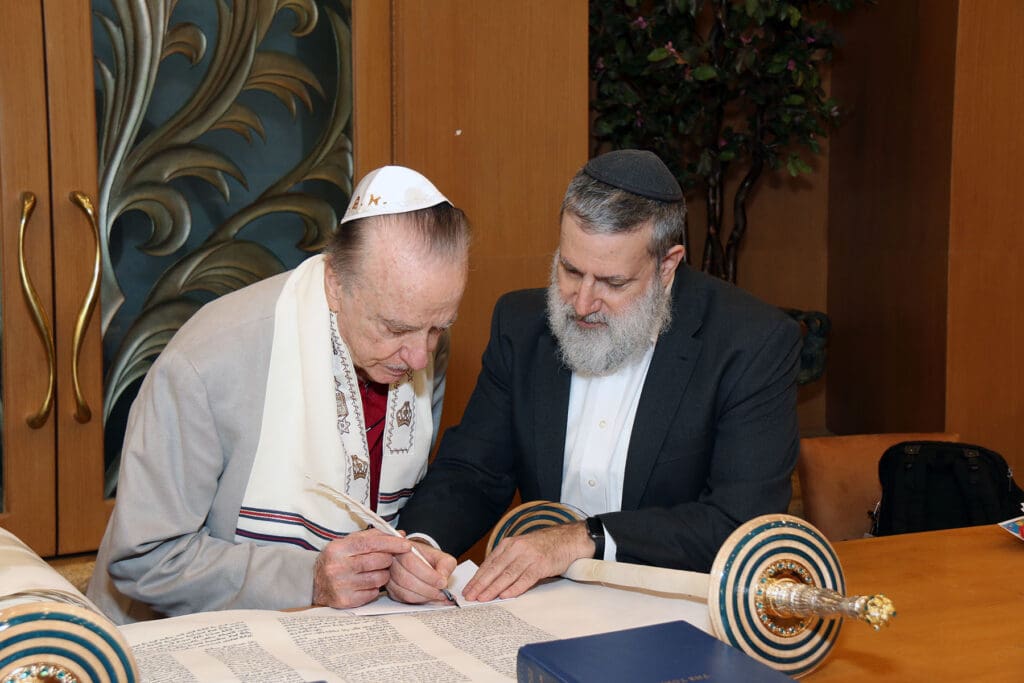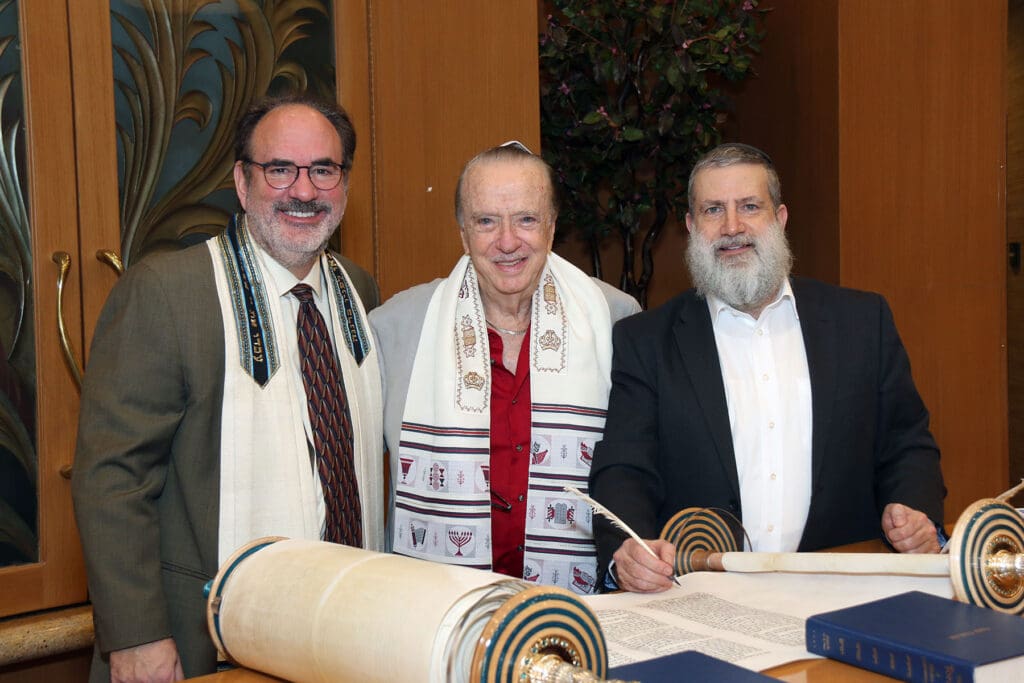Henri Jarrat
SUMMARY of Weekly Parsha - Genesis6:9-11:32 (Noach)
“Noah was a righteous man, blameless among the people of his time, and he walked faithfully with God.”
What does it mean that “Noah was blameless among the people of his time”? When God comes to Noah and tells him the world will be flooded, Noah says nothing.
Unlike Moses and Abraham who argue with God, Noah seems to accept the fate of mankind without batting an eye. This hardly seems like the acts of a righteous man.
According to the Seforno, a Rabbi from the 15th century, his commentary on the Torah states that, “Noah walked in God’s ways by trying to help others and to instruct and if necessary rebuke them.”
One can assume that by walking in God’s ways, Noah did try to tell the people to do the right thing but they did not listen to him. Therefore, when God told Noah to build the ark, the fact that Noah did not say anything in response to God is more a reflection of the fact that even Noah thought the people were beyond helping.
However, according to Rabbi Yochanan, a third century Rabbi, Noah was only righteous in comparison to the other people that lived at his time.
If Noah had been born at a later date, he would have been no better and perhaps even worse than most people. Therefore, according to Rabbi Yochanan, had Noah been such a great man he would have spoken up and tried to negotiate with God.
The lesson we can derive from these teachings is that we are all products of the age in which we are born. We are molded and shaped by those around us.
Yet, we always have the power and the ability to rise above and be our best selves. When you are remembered, do you want to be remembered as righteous in your generation, or as a model of righteousness for all time?


